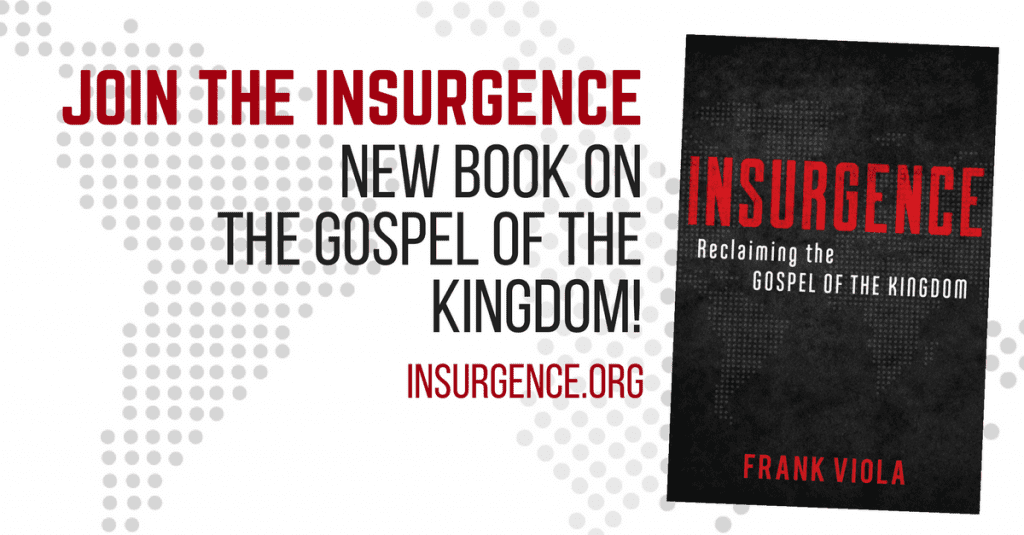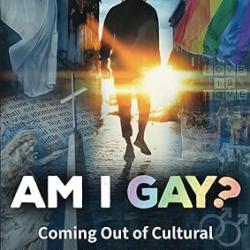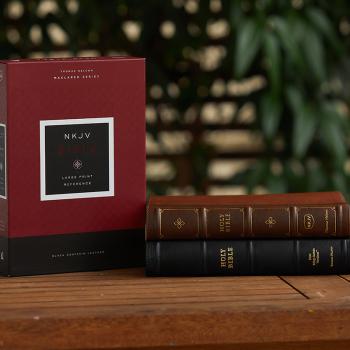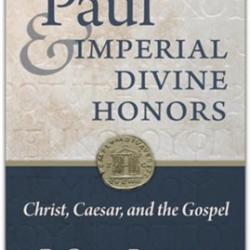My friend and co-author Leonard Sweet has just come out with a masterful textbook for all who minister God’s word. It’s wonderfully titled, Giving Blood: A Fresh Paradigm for Preaching.
If you are someone who preaches, teaches, or is in engaged in spoken ministry of any kind, you will benefit from this book.
As I told Len after the publisher sent a copy to me, the book is gorgeous inside and out. And it highlights two points I’ve pushed hard on over the last two decades.
1. Preaching is designed to reveal and glorify Jesus Christ. I call it unveiling Christ.
2. The cut-and-paste approach to reading, studying, and preaching the Bible is one of the reasons why the Christian faith is in the mess it’s in. Few believers know how to read the Scriptures narratively. We need to learn how to find The Story when we read the Bible.
Sweet makes these two points . . . and more . . . in a compelling way.
Here’s my interview with Len about his new book, Giving Blood. Read it and pass it on to every person you know who preaches or teaches the Scriptures.
Tell us a bit about the experiences that shaped the insights in the book.
Leonard Sweet: This book brings to fruition a lifetime of preaching, including my reflections on the current state of the discipline of homiletics after over a thousand published sermons. It has been one of the hardest books to write, my slowest-burn book, but one that integrates my theology and faith in ways I haven=t done in any other book.
Despite the movement in our culture toward narration and animation, in our churches we are still primarily delivering word-based, pulpit-driven, verse versioned monologues, many of which never mention the name of Jesus.
This book presents a kind of preaching that exegetes the root metaphors and back-stories of The Story. Semiotic preaching creates space for relationality and participation, especially a connection between participants and Jesus.
Explain the title for us.
Leonard Sweet: The metaphor of blood is one of the oldest in Christian history. In a current culture that is obsessed with blood (vampires, crime shows, medical shows), the church more than ever needs to reclaim its primal, primary metaphor of blood.
Yet we have all but taken the blood out of our faith and preaching. When was the last time you sang, Washed in the Blood of the Lamb,or Power, Power, Power in the Blood, or In the Blood of Christ I Glory? The church has shied away from images of blood. But when the blood of Christ becomes gross to the body of Christ, it’s all over for the church.
The phrase “giving blood” itself comes from Judy Garland, who when she went out to sing wouldn’t say the usual superstitious phrase, “break a leg,” but would say instead, “it’s time to give blood.” By that, she meant that she would give to her art all she had. My mother had a saying when she heard a preacher that wasn’t especially good: no blood on the pulpit today. The original cover (now found inside the book) depicts the ancient Christian story of the pelican pricking its breast in order to feed its young. The story testifies to the sacrificial gift of life in Christ. Giving Blood is a testimony to the blood of Christ and to the preacher’s calling to serve as a vehicle of Christ=s grace and mercy within the preaching moment.
Give us two or three insights from the book that would be helpful to all Christians.
Leonard Sweet: 1) Image exegesis seeks to exegete the narraphors (metaphorical narratives) of scripture, not the words. This is consistent with the Hebrew art of scriptural exegesis, and with Jesus= method of teaching in parables or narraphors.
2) Preaching should be EPIC (experiential, participatory, image-rich, connective). EPIC preaching is like field preaching. It allows everyone on the mission field.
3) Preaching should be transincarnational – facilitating a conversion experience in which people connect personally with Jesus Christ and undergo an incarnational change in mind, body, and spirit (preaching is not about the preacher).
What made you decide to write a book on preaching?
Leonard Sweet: The worst problem a species can have is a reproduction problem. That species is then put on the endangered species list. Our western churches have a reproduction problem. One of the reasons for a reproduction problem is when the stories that contain our identity are no longer passed down through the generations. Identity requires narrative form. Our people don’t know the stories anymore, only the verses at best (a condition I call versitis). Preaching must tell the stories of Jesus in the language of the culture.
In every reformation or revitalization of the church, four things have happened: 1) people have re-discovered a passion for the scriptures; 2) they’ve read the scriptures in the vernacular, the language of their culture; 3) they’ve rediscovered Jesus; and 4) they are convinced of the power of the Holy Spirit in their lives. Preaching is the best medium for people to develop a passion for the scriptures, for Jesus, and for the daily presence and power of the Spirit.
What do you hope readers will walk away with after they finish the book?
Leonard Sweet: This book is not just meant for preachers but for everyone who wants a deeper understanding of our identity in Christ and the power of The Story that is our lifeblood.
Giving Blood is not just a book about preaching but a theology of preaching. My hope is that preachers and laypeople alike will find something that resuscitates the heart, resonates the mind, and gets the blood pumping again between them.
What have the responses to the book been so far . . . both positive and challenging?
Leonard Sweet: Since we=re talking about endangered species, one of the few remaining theological booksellers in the world, Byron Borger has written a retrospective review of Giving Blood. You can find it on amazon and on his online blog.
I “blood-tested” the book on several of my doctoral cohorts at Drew Theological School and George Fox Evangelical Seminary. What kept me writing, when I wanted to abandon the project, was my students insistent clamor for this type of book. The title speaks for itself: a fresh paradigm for preaching. The book comes out this week. I hope it will continue to stir the blood of Jesus followers of all scribes and tribes.

















